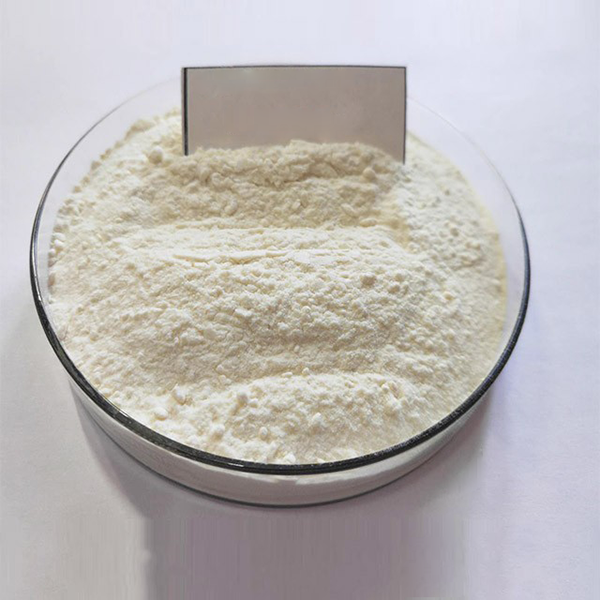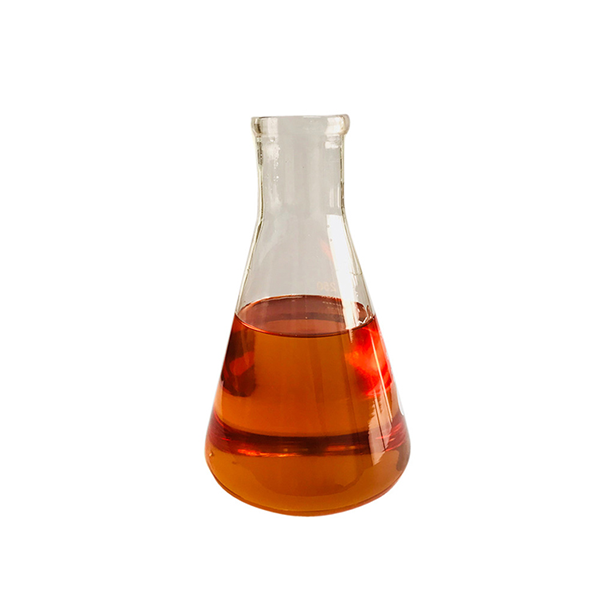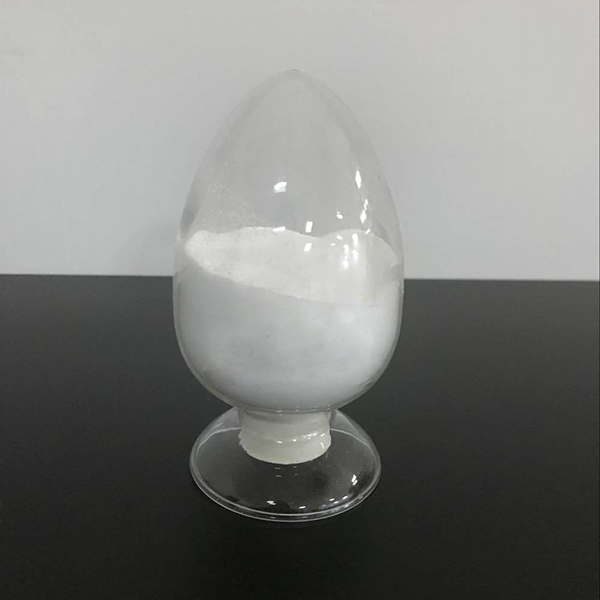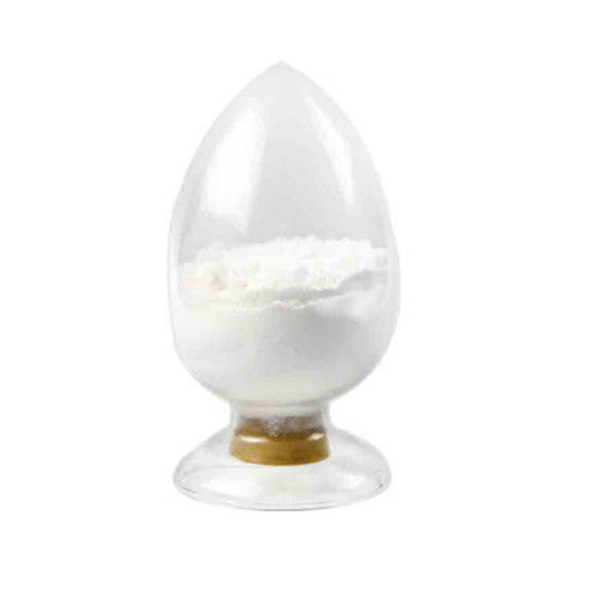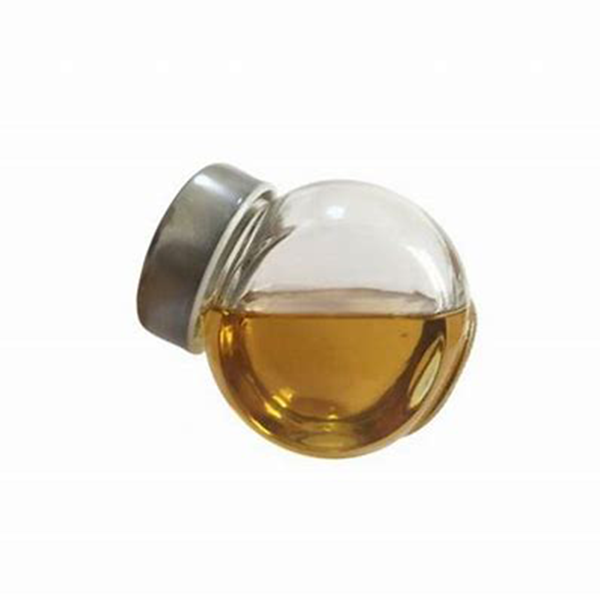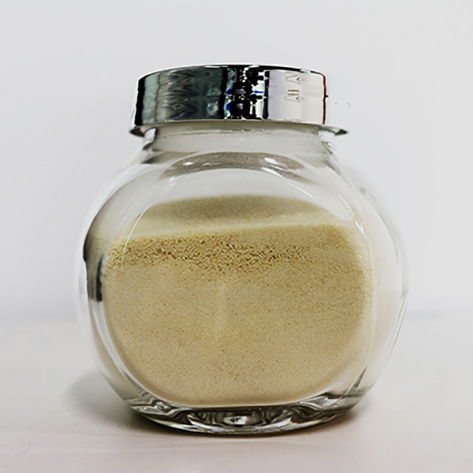Mesotrione selective herbicide for crop protection
Product description
Mesotrione is a new herbicide being developed for the selective pre- and post-emergence control of a wide range of broad-leaved and grass weeds in maize (Zea mays). It is a member of the benzoylcyclohexane-1,3-dione family of herbicides, which are chemically derived from a natural phytotoxin obtained from the Californian bottlebrush plant, Callistemon citrinus. The compound acts by competitive inhibition of the enzyme 4-hydroxyphenylpyruvate dioxygenase (HPPD), a component of the biochemical pathway that converts tyrosine to plastoquinone and alpha-tocopherol. Mesotrione is an extremely potent inhibitor of HPPD from Arabidopsis thaliana, with a Ki value of c 6-18 pM. It is rapidly taken up by weed species following foliar application, and is distributed within the plants by both acropetal and basipetal movement. Maize is tolerant to mesotrione as a consequence of selective metabolism by the crop plant. Slower uptake of mesotrione, relative to susceptible weed species, may also contribute to its utility as a selective herbicide for use in maize. Mesotrione provides control of the major broad-leaved weeds, and it can be used in integrated weed-management programmes depending on the grower's preferred weed-control strategy.
Mesotrione inhibits the enzyme 4-hydroxyphenylpyruvate dioxygenase (HPPD). It is an extremely potent inhibitor of HPPD in laboratory tests using the plant Arabidopsis thaliana, with a Ki value of about 10 pM. In plants, HPPD is necessary for the biosynthesis of tocopherols and of plastoquinone, which is essential to carotenoid production. Inhibiton of the pathway ultimately leads to bleaching of leaves as chlorophyll is degraded, followed by plant death.
Mesotrione is a systemic pre- and post-emergence herbicide for the selective contact and residual control of broadleaf weeds in field corn, seed corn, yellow popcorn and sweet corn.

